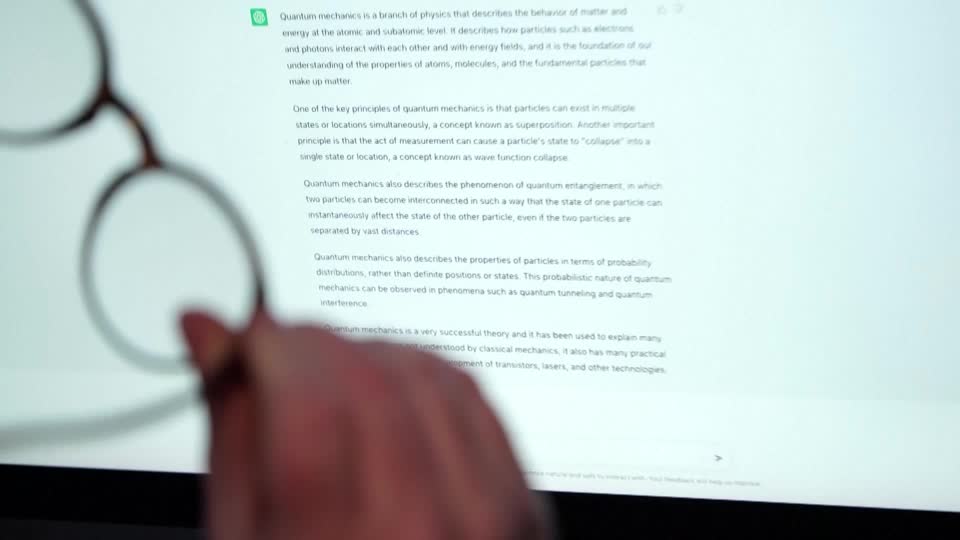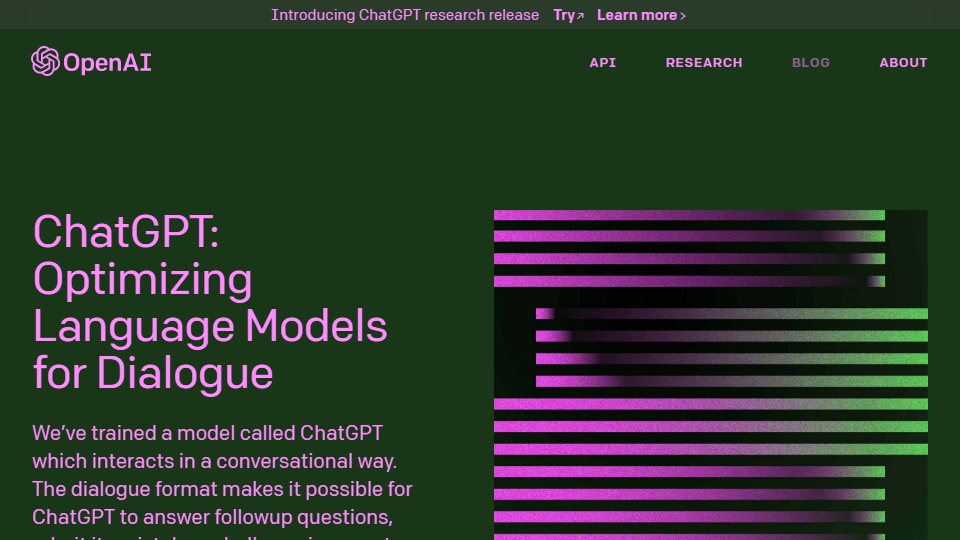What’s the future?
Unsurprisingly also has many fans of people who work in both the fields of education and artificial intelligence and believe that institutions will need to find ways to integrate chatbots like ChatGPT into their learning programmes rather than ban them – making them acceptable for some uses in the classroom just as we have accepted mobile phones and calculators
As an associate professor of Emory University is quoted as saying
“There’s always been this concern that technologies will do away with what people do best, and the reality is that people have had to learn how to use these technologies to enhance what they do best”
Clearly AI will have a role in shaping the future of education schools and everywhere
For now, perhaps the best advice comes from a university student who uses it to create a rough draft for many tasks and then adds the finishing touches himself.


